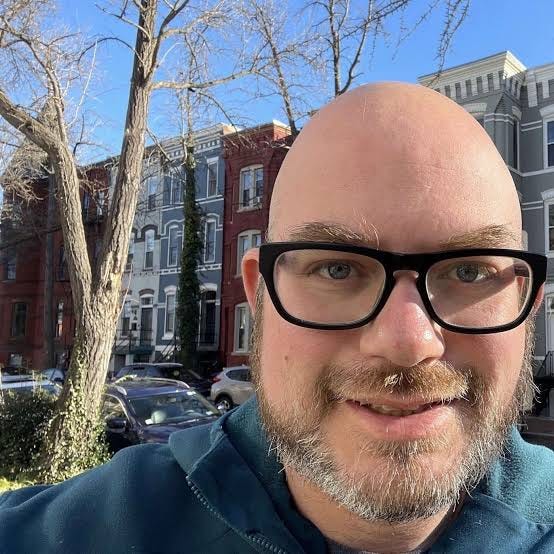Last week, Matt Yglesias had an extremely insightful critique of the view that unemployment remains high because “we are not as wealthy as we thought we were”:
It is both true that we are not as wealthy as we thought we were and that there’s a lot of joblessness in the United States, but I struggle to grasp a model in which the former causes the latter. Imagine a reverse situation. A town full of working-class people sees its unemployment rate suddenly shoot up from 11 percent to 27 percent. Concurrently, it turns out that the town’s residents were much wealthier than they thought they were–each one of them actually had a check for $1 million sitting in their pockets. We might say it’s pretty clear what’s happened here. These folks are wealthier than they thought they were so they raised their reserve wage. But then suppose it turns out the checks were fraudulent and they all bounce. The reserve wage should fall and joblessness should decline. That it seems to me is the supply-side story about the relationship between wealth and employment.
Only this morning, though, did I realize that Matt’s point is far more general. Consider the following claim:
We can’t blame X on poverty because poverty is a reason to avoid X.
This claim makes perfect sense if X=unemployment. If you’re poor you need money, and working is a good way to get money. But the claim is equally sensible if X= any of the following:
alcoholism: Alcohol costs money, interferes with your ability to work, and leads to expensive reckless behavior.
drug addiction: Like alcohol, but more expensive, and likely to eventually lead to legal troubles you’re too poor to buy your way out of.
single parenthood: Raising a child takes a lot of effort and a lot of money. One poor person rarely has enough resources to comfortably provide this combination of effort and money.
unprotected sex: Unprotected sex quickly leads to single parenthood. See above.
dropping out of high school: High school drop-outs earn much lower wages than graduates. Kids from rich families may be able to afford this sacrifice, but kids from poor families can’t.
being single: Getting married lets couples avoid a lot of wasteful duplication of household expenses. These savings may not mean much to the rich, but they make a huge difference for the poor.
non-remunerative crime: Drunk driving and bar fights don’t pay. In fact, they have high expected medical and legal expenses. The rich might be able to afford these costs. The poor can’t.
Yet as Charles Murray keeps reminding us, all of the pathologies on my list are especially prevalent among the poor. Does this show that Yglesias is wrong?
Hardly. Few claims are more obvious than “Being poor is a reason to save money, work hard, and control your impulses.” The right lesson to draw, rather, is that social scientists need to search for factors that cause both poverty and irresponsible behavior. Such as? Low IQ, low conscientiousness, low patience, and plain irrationality.
Isn’t this just “blaming the victim”? No, it’s something more radical: disputing the poor’s presumptive status as “victims.”
Trailer: This is just one of the many topics I’ll be exploring in the book I plan to write after I finish The Case Against Education. Working title: Poverty: Who To Blame.
The post appeared first on Econlib.





Or poverty causes poor mental health which causes unemployment, alcoholism, drug use, single parenthood, etc etc.
It's always interesting to me how many policy wonks (to the extent that I even believe Yglesias is a wonk) who write about the poor and/or the unemployed have ever spent much time living with the poor and especially the poor who are unemployed.
Anyone want to guess how many such Yglesias knows well personally? I grew up in rural poverty.I lived, off and on among (and made good friends with) the non-working poor.
I return a few times a year tomy "home" area, which remains one of the most poor (low income per household) counties in the US. I still know quite a fewof them besides my own family.
Please, let me offer some free advice: Until you have actually, truly lived among and known the poor without jobs, please just shut your piehole about why they don't have jobs. Thank you.